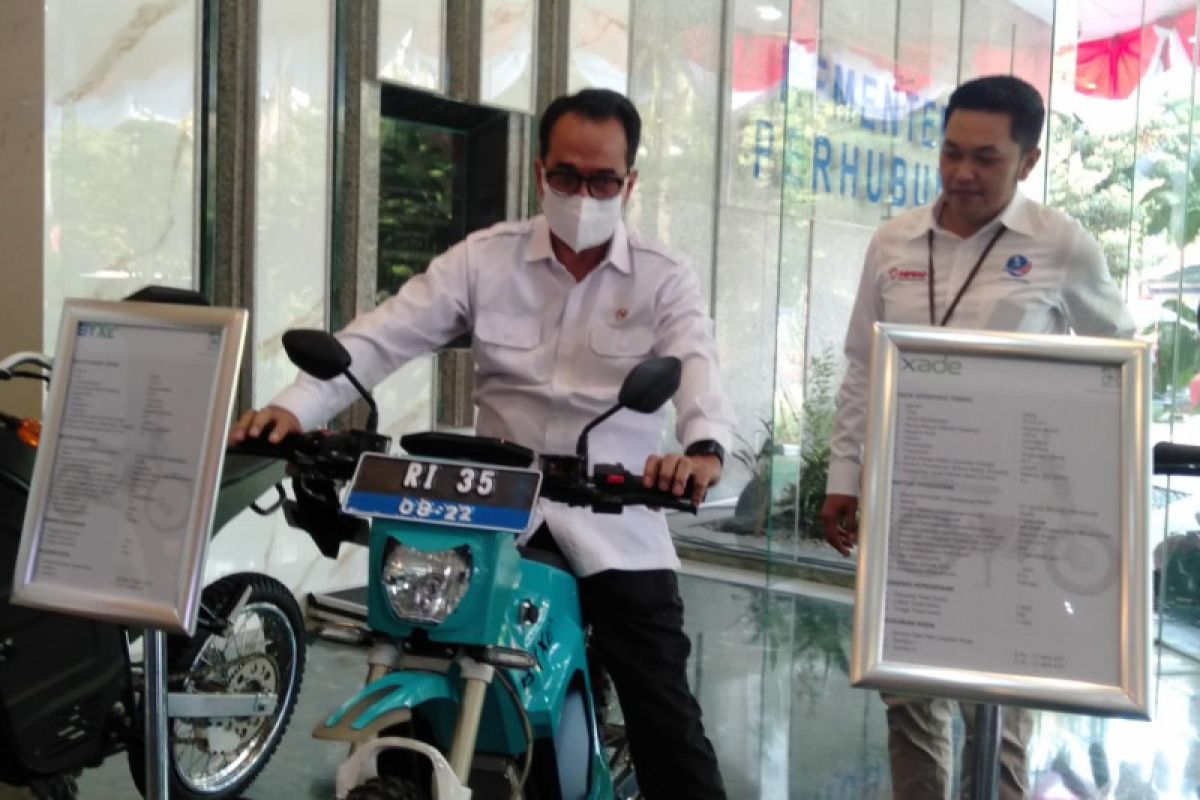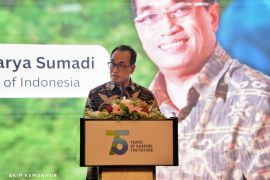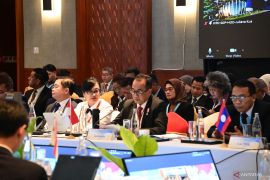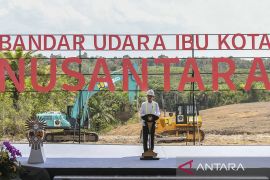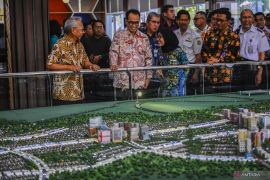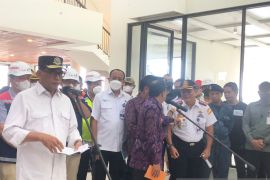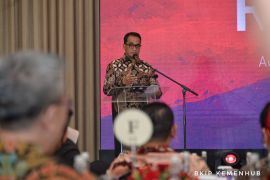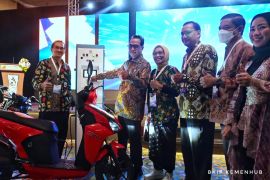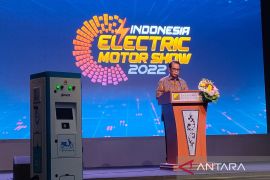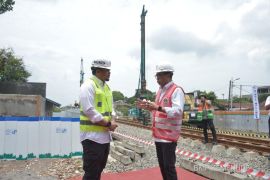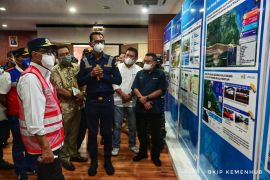“Electro-mobility can make transportation cleaner and cheaper. This is also in line with the Proudly Made in Indonesia National Movement (BBI). Moreover, the main aspect is to produce environmentally friendly vehicle products in the country that (put them on a) competitive (footing) with foreign products," Sumadi noted in a statement monitored in Jakarta, Friday.
Sumadi praised the electric motor product from PT BYXE Motor Indonesia (BMI) that was introduced in the lobby of the Ministry of Transportation Office, Jakarta, on Thursday (Aug 11).
The respective electric vehicles are BYXE, XADE, SERGAP and Prototype for patrol motorbike.
According to the transportation minister, the product raises optimism that it would be mass-produced and used by the public.
In line with the Ministry of Transportation's campaign to encourage the use of environmentally friendly vehicles, Sumadi is also sanguine about the electric motor soon being used, as it had passed the vehicle test and can be a solution to environmental problems, such as global warming, the effect of greenhouse gases, and carbon emissions.
"Let us continue to work, to innovate, and to display superior products. We must support this, so that our economy will rise and be better towards realizing a Golden Indonesia in 2045," Sumadi affirmed.
The electric motor is the work of the nation's children made as a response to opportunities in the fields of transportation, energy, and technology that are increasingly open and developing in Indonesia.
Electric motor propulsion used batteries. The components are also produced domestically or in collaboration with local companies.
The Energy and Mineral Resources (ESDM) Ministry continues to encourage the acceleration of the electric vehicle ecosystem by increasing the number of general electric vehicle charging stations and general electric vehicle battery swap stations nationwide.
The electric vehicle program became one of the governments' efforts in encouraging domestic energy independence by reducing fuel oil import dependency, the ministry's official, Dwinugroho, earlier stated.
"In managing the energy sector, the government has the obligation to ensure national energy security," he explained.
"The effort is undertaken by encouraging domestic energy independence through reduction of fuel oil dependency, such as by utilizing electric vehicles for road transportation," he remarked.
The ministry recorded the presence of 332 charging stations at 279 public locations and 269 battery swap stations across Indonesia.
The charging facilities are also available at tourism destinations. During the G20 Presidency, the government managed to build 24 charging stations at 17 locations in Bali.
In addition, charging stations were built at the Borobudur Temple Complex in Central Java and Labuan Bajo in East Nusa Tenggara.
The ministry expects that with the rising number of charging stations coupled with developing charging technology, the process to charge the battery of electric vehicles will only take between 30 and 90 minutes, Dwinugroho stated.
As a result, this will make the use of electric cars more attractive for vehicle owners, he added.
Related news: Human resources, manufacturing industry to support transition to EVs
Related news: Charging infrastructure can affect buyer interest in EVs: observer
Translator: Adimas R, Azis Kurmala
Editor: Rahmad Nasution
Copyright © ANTARA 2022
